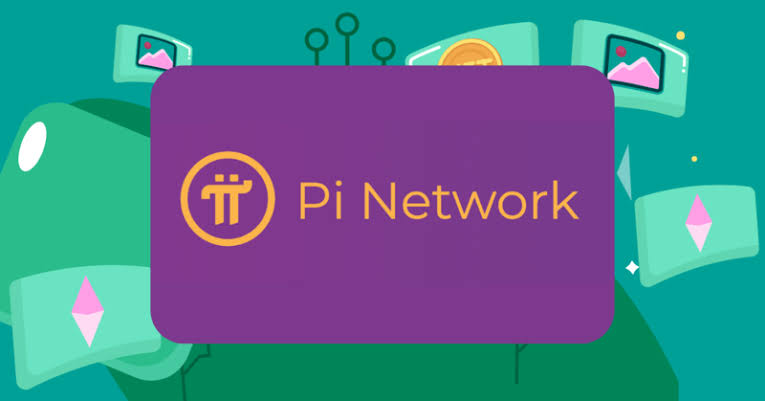Pi Network, the innovative blockchain platform, is paving the way for various potential use cases within its ecosystem. With its robust features and growing community, Pi Network has the potential to revolutionize several aspects of digital transactions and decentralized applications.
One of the key use cases of Pi Network is peer-to-peer transactions. By leveraging the blockchain technology, Pi Network enables users to conduct fast and secure transactions directly with one another, eliminating the need for intermediaries. This not only streamlines the process but also reduces transaction costs, making it an attractive option for everyday payments.
Another area where Pi Network shines is in cross-border money transfers. With its efficient and low-cost transaction system, Pi Network offers a viable alternative to traditional remittance services. Users can send international payments quickly and at a fraction of the cost, empowering individuals to manage their finances more effectively across borders.
Pi Network’s blockchain is particularly well-suited for micro-payments. With its low transaction fees and fast confirmation times, Pi Network enables seamless transactions for small-value goods and services. This opens up new business models and opportunities for content creators, artists, and other professionals to monetize their work effectively.
Developers also have a lot to gain from Pi Network’s blockchain infrastructure. By building decentralized applications (DApps) on the Pi Network blockchain, developers can leverage features such as smart contracts and secure data storage. This enables the creation of innovative DApps across various sectors, including decentralized finance (DeFi), gaming, social media, and more.
Asset tokenization is another exciting use case offered by Pi Network. Through its blockchain, Pi Network can tokenize physical or digital assets, allowing for fractional ownership and improved transparency. This has the potential to transform industries such as real estate, art, and supply chain management by introducing efficiency and accessibility to asset ownership.
Furthermore, Pi Network’s blockchain can serve as a reliable platform for identity verification and authentication. By leveraging its decentralized nature, Pi Network offers individuals control over their personal data while simplifying the verification process for various services. This enhances privacy and security, offering a user-centric approach to identity management.
As Pi Network continues to evolve and gain traction, these potential use cases hold promise for the future of decentralized transactions and applications. With its robust blockchain infrastructure and growing community, Pi Network is poised to make a significant impact in various industries, driving innovation and fostering a more inclusive digital economy.
Investors, developers, and enthusiasts alike will be closely monitoring the development of these use cases and the overall progress of Pi Network as it aims to reshape the landscape of blockchain technology.













I am sending you 1π! Pi is a new digital currency developed by Stanford PhDs, with over 47 million members worldwide. To claim your Pi, follow this link https://minepi.com/daiv101 and use my username (daiv101) as your invitation code.